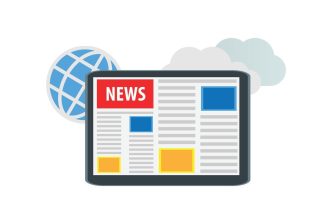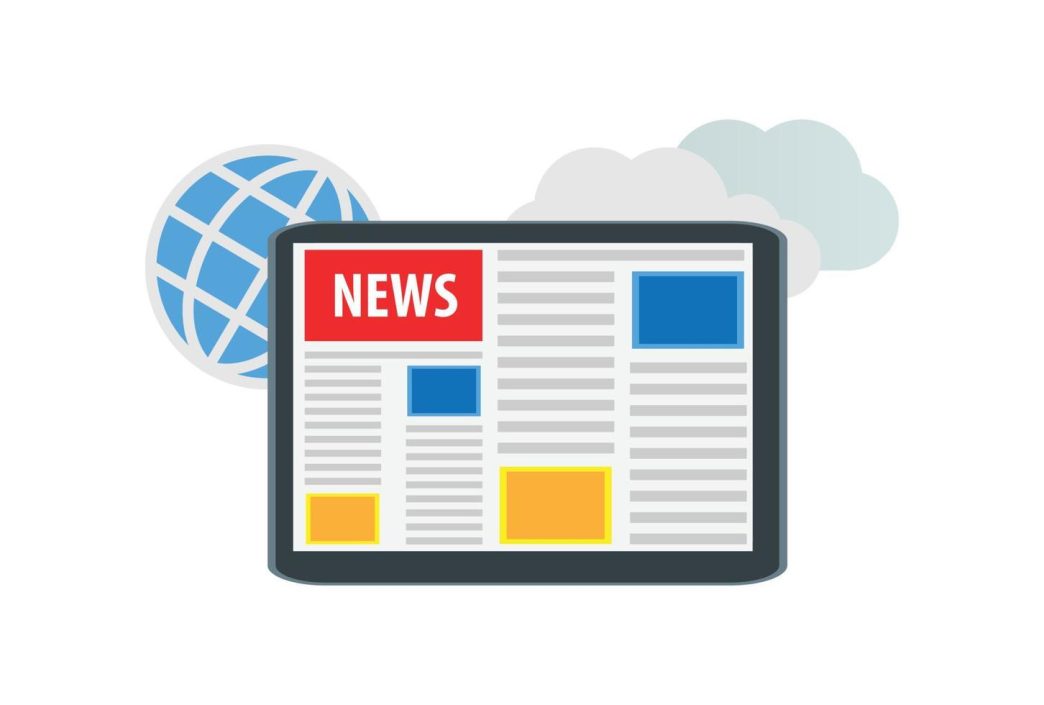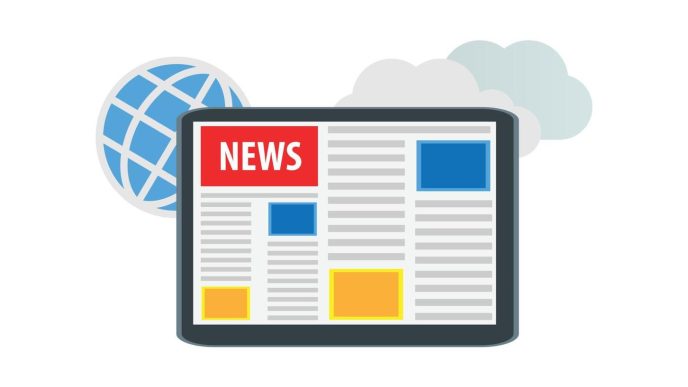Money Tracking Tools: Master Your Finances with Ease
In today’s fast-paced world, keeping track of your finances can seem like a daunting task. However, with the rise of money tracking tools, managing your income, expenses, and savings has never been easier. These tools are designed to help you stay on top of your financial goals, whether you’re an individual trying to stick to a budget or a business owner managing operating costs. In this article, we will explore the best money tracking tools available, their features, and how they can help you streamline your finances.

What Are Money Tracking Tools?
Money tracking tools are digital platforms or mobile apps designed to help individuals and businesses track their income, expenses, and overall financial health. They offer features like budgeting, expense categorization, and financial goal tracking. These tools provide insights into your spending habits and help you make more informed decisions about your money.
For businesses, these tools are particularly useful for tracking operating costs, profit margins, and financial projections. For individuals, they help create budgets, track personal expenses, and even save for big goals like purchasing a home or going on vacation.
Why You Need a Money Tracking Tool
Money tracking tools are essential for anyone who wants to achieve better financial management. Here are a few reasons why:
1. Stay on Top of Your Spending
Without proper tracking, it’s easy to lose track of where your money goes. Money tracking apps give you a clear overview of your monthly expenses, helping you avoid unnecessary purchases and stay within your budget.
2. Set Financial Goals
Whether you’re saving for a vacation or aiming to pay off debt, money tracking tools let you set financial goals and monitor your progress. You’ll receive regular updates on how close you are to meeting your goals, keeping you motivated.
3. Reduce Financial Stress
By using these tools, you can gain a better understanding of your financial situation, which can reduce financial stress. Knowing exactly where your money is going and how to plan for the future gives you peace of mind.
Best Money Tracking Tools for 2025
There are numerous money tracking tools available today, each offering unique features that cater to different financial needs. Below are some of the most popular and highly-rated tools in 2025.
1. Mint
Mint is one of the most well-known and widely used money tracking tools. This free app links to your bank accounts, credit cards, and investment accounts, giving you a complete overview of your financial situation. With expense categorization, bill tracking, and budget creation, Mint is an excellent option for individuals who want to track their spending and savings goals.
Mint’s clean interface makes it easy to navigate, and it offers personalized financial tips based on your spending habits. You can also set up alerts for upcoming bills or overspending, ensuring that you never miss an important payment.

2. YNAB (You Need A Budget)
YNAB, or You Need A Budget, is a budgeting tool designed to help you take control of your finances. Unlike other tools that track your expenses after the fact, YNAB focuses on zero-based budgeting, which helps you assign every dollar a job. This proactive approach ensures that you’re always prepared for upcoming expenses.
YNAB helps users manage their debt, savings, and monthly expenses by providing a clear picture of where every dollar is allocated. It also offers educational resources, making it an excellent tool for people new to budgeting.
3. Expensify
Expensify is a money tracking tool specifically designed for businesses and professionals who need to track business expenses. This app allows users to scan receipts, track mileage, and manage expense reports seamlessly. It’s particularly useful for freelancers, entrepreneurs, and businesses that require detailed financial tracking for tax purposes.
Expensify integrates with accounting software like QuickBooks and Xero, making it an ideal choice for business owners who need a simple way to track and manage expenses.
![]()
4. Personal Capital
For individuals looking to track both their day-to-day spending and their investments, Personal Capital is a great choice. This tool combines expense tracking with investment management, offering a comprehensive view of your financial health. Personal Capital lets you see all your accounts in one place, from checking and savings accounts to retirement funds and investments.
The app’s Retirement Planner is particularly useful, helping you understand if you’re on track to meet your retirement goals. With detailed financial reports and insights, Personal Capital helps you make smarter investment decisions while managing your everyday expenses.
5. PocketGuard
PocketGuard is a user-friendly app that helps you keep track of your spending and stay within budget. The app automatically categorizes your expenses, making it easy to see where your money is going. One standout feature is the In My Pocket tool, which shows you how much money you have left to spend after accounting for bills, goals, and necessities.
PocketGuard also offers customizable budgeting tools, helping you set specific goals for savings and debt repayment.
Features to Look for in a Money Tracking Tool
When selecting a money tracking tool, it’s important to consider the features that best align with your financial needs. Here are some key features to look out for:
1. Expense Categorization
Most money tracking tools offer automatic expense categorization, which makes it easier to track your spending. Look for a tool that allows you to customize categories based on your spending habits.
2. Financial Goal Setting
Being able to set and track financial goals is an essential feature of a money tracking tool. Whether you’re saving for a vacation, a new gadget, or an emergency fund, goal-setting features help you stay on track.
3. Reports and Insights
Financial reports and insights give you a deeper understanding of your spending habits and overall financial situation. The best tools provide detailed reports, including graphs, charts, and spending trends, helping you identify areas for improvement.
FAQs About Money Tracking Tools
What is the best money tracking tool for budgeting?
The best budgeting tool depends on your needs. Mint and YNAB are popular choices, with Mint offering an easy-to-use interface for basic budgeting and YNAB providing a more hands-on approach to zero-based budgeting.
Are money tracking tools free?
Many money tracking tools, such as Mint, offer free versions with basic features. However, some tools, like YNAB and Personal Capital, offer premium versions with advanced features for a subscription fee.
Can I track business expenses with money tracking tools?
Yes, several money tracking tools, like Expensify, are specifically designed for tracking business expenses. These tools help freelancers and businesses keep track of receipts, mileage, and other business-related costs.
How do I get started with a money tracking tool?
To get started, choose a tool that suits your financial goals and download the app or sign up on their website. After linking your accounts, you can begin categorizing your expenses and setting up budgets.
Conclusion: Take Control of Your Finances
Incorporating a money tracking tool into your daily routine can significantly improve your financial management. Whether you’re looking to create a budget, track your business expenses, or plan for future goals, these tools offer the necessary features to make it easy and efficient.
By using the right tool, such as Mint, YNAB, or Expensify, you can take control of your finances, reduce stress, and make smarter financial decisions. Start today and take the first step toward financial freedom.



